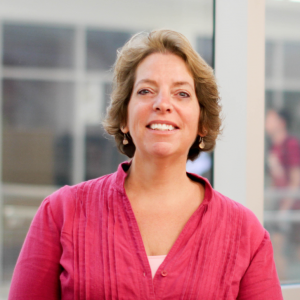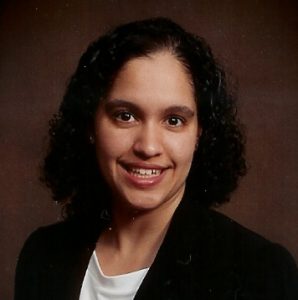Study on Community Resilience to Disaster Awarded NSF CIVIC Grant

Florida State University College of Communication and Information (CCI) Associate Dean for Research and School of Information Professor Marcia A. Mardis is leading a cross-campus team of researchers in a new National Science Foundation Civic Innovation Challenge (NSF CIVIC) project titled “Rural Resiliency Hubs: A Planning Approach to Addressing the Resiliency Divide.” The project began in January 2021.
In addition to PI Mardis, the team includes CCI’s Faye R. Jones(Senior Personnel); FAMU/FSU College of Engineering’s Eren Ozguven (Co-PI); the College of Social Work’s Ellen Piekalkiewicz (Co-PI) and John Mathias (Senior Personnel); the College of Social Science and Public Policy’s Mark Horner (Co-PI); and College of Medicine’s Scott Pickett (Co-PI) and Jessica DeLeon (Senior Personnel).

“To bring researchers together from so many different units across campus gives us the benefit of a wide range of expertise and perspectives to support our nearby rural neighbors,” Mardis said. “It also reinforces FSU’s important role in regional community engagement.”
The NSF CIVIC challenge is a research and action-based competition that strives to make a stronger research-to-innovation pipeline. It is awarded to researchers who encourage collaboration with civic community partners such as non-profit representatives, community organizers, and community service providers. This challenge switches the community-university dynamic by asking communities to identify issues that require innovative thinking and then partner with researchers who can create solutions.
Building on Mardis and Jones’ current Institute of Museum and Library Services project about the central role of public libraries in rural Florida’s disaster response and related projects FSU funded by the NSF’s Coasts and People (CoPe) program and the College of Medicine’s Clinical and Translational Science Award (CTSA) partnership, this multidisciplinary research team will investigate how rural communities respond to natural disasters. These previous studies have focused on how communities utilize public libraries and community assets to distribute aid to citizens, working from the premise that rural communities do not have quick access to public infrastructure or detailed plans for disaster response and, as a result, are suffering a “resiliency divide” from their urban counterparts.
“This project is short but impactful,” Mardis said. “Not only will this work help us define community-based disaster ecosystems, but it will also further position public libraries as resiliency hubs that are an intentional part of action plans and models for other communities.”
According to the project’s abstract, the goal is to “study and develop emergency plans that fit distinct needs of rural communities, guided by a central hypothesis: Understanding interdependencies among the community actors, population needs, environment, information, and infrastructure that foster emergency operations efficacy in rural communities can lead to the successful strategies and policies for optimizing multi-faceted disaster response.”
For more information on the NSF CIVIC grant, click here, and learn more about the project here.
